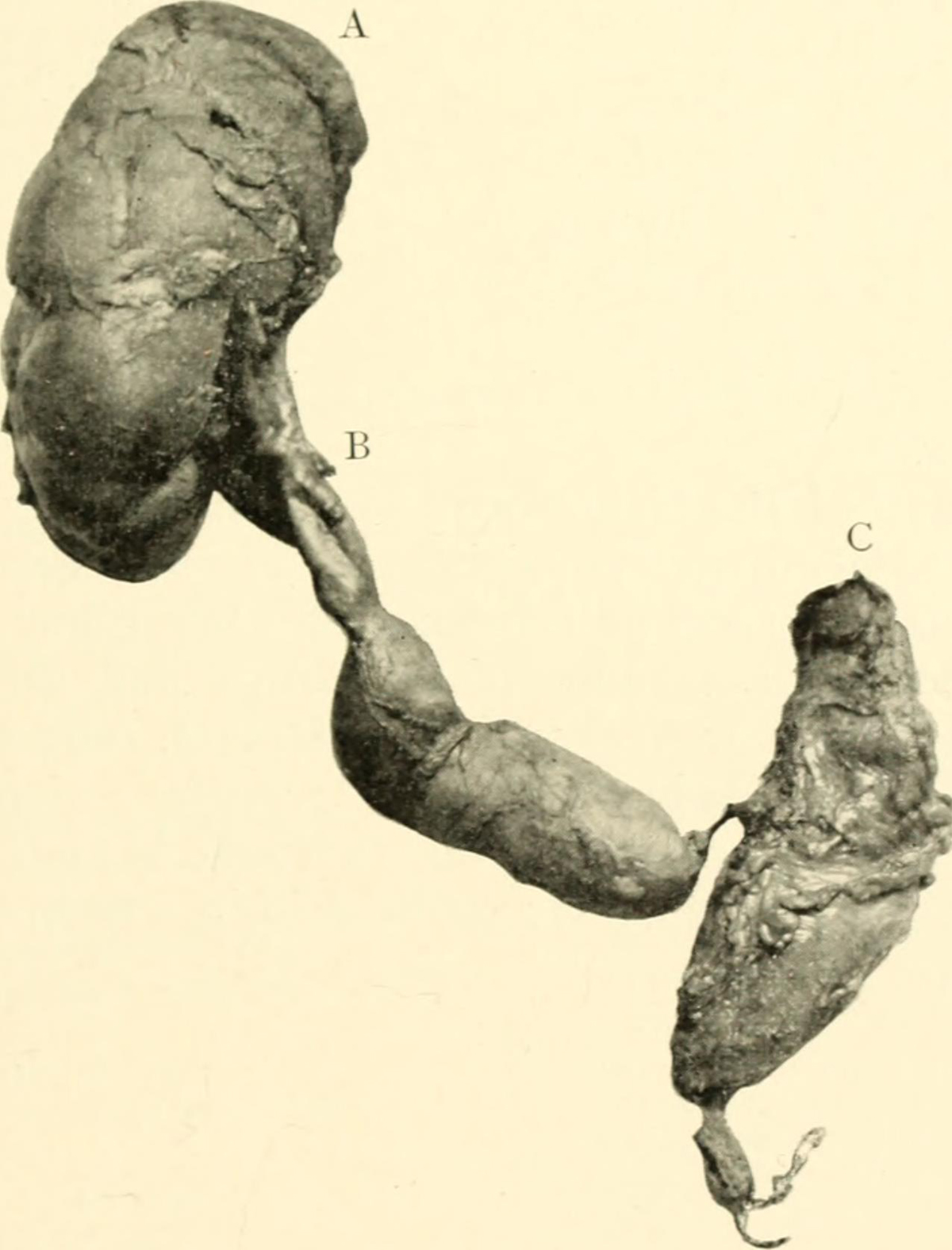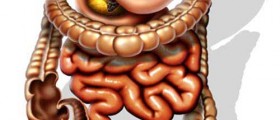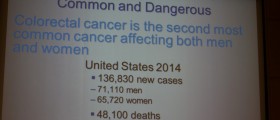
Melena Overview
Melena is a medical term that refers to black, tarry, sticky and foul-smeling stool that is usually caused by gastrointestinal hemorrhage. Oxidation of the iron in hemoglobin that is present in red blood cells is responsible for black appearance of the stool.
Melena indicates bleeding from the upper gastrointestinal tract such as bleeding from the stomach ulcer or the small intestine. Melena can be also due to bleeding from the right colon. In melena, the blood is in the body for a prolonged period of time, which allows the bacteria in the colon to break it down causing the stool to be black in color.
On the other hand, if bleeding occurs in the sigmoid colon or the rectum, the blood is promptly passed with a bowel movement giving the stool bright red appearance. This condition is known as rectal bleeding or hematochezia.
Bleeding from the gastrointestinal tract can be sometimes too slow to be noticed. Blood in the stool that is not visible to the naked eye is referred to as occult. Occult bleeding can be detected only by fecal occult blood test. This type of melena results out of the same causes as melena featured by tarry stool. However, it can be also caused by anemia that occurs due to loss of iron along with the blood.
Causes of Melena Melena can be caused by an inflammation of the stomach lining, the condition known as gastritis. Gastritis may be due to excessive alcohol drinking, smoking, spicy food and bacterial infection. Blood in the stool after drinking is a serious sign and should not be ignored.
Esophageal varices, which are enlarged veins in the upper stomach or the lower esophagus, may also cause melena. In this case, melena occurs when the veins burst caused by portal hypertension due to liver cirrhosis. The blood can be also coughed out or vomited out. This is a serious and life threatening condition that can result in a large amount of blood loss.
Melena can also occur due to bleeding ulcers. Ulcers are sores that develop in the lining of the stomach due to infection by Helicobacter pylori bacterium.
Drug overdose can cause tarry stool as well. Prolonged use of pain relievers can irritate the stomach and cause stomach ulcers and melena.
Mallory-Weis Tear is a tear in the mucus membrane at the junction of the stomach and esophagus due to severe coughing, vomiting, retching or epileptic convulsions. This condition causes bleeding from tears and results in melena.
In the first few days after delivery, newborns may have melena stool due to swallowed maternal blood. This is not a serious condition and it resolves after couple of days.
Diagnosis of MelenaAs has been mentioned earlier, fecal occult blood testing (FOBT) is a diagnostic test to detect blood in the stool. The test can measure the amount of blood present in the feces through analysis of the stool sample. If stool contains more than 200 millimeters of blood the diagnosis of melena is confirmed. The exact cause of melena stool can be determined with additional diagnostic tests such as colonoscopy, x-rays, gastroscopy and stool culture.

















Your thoughts on this
Loading...